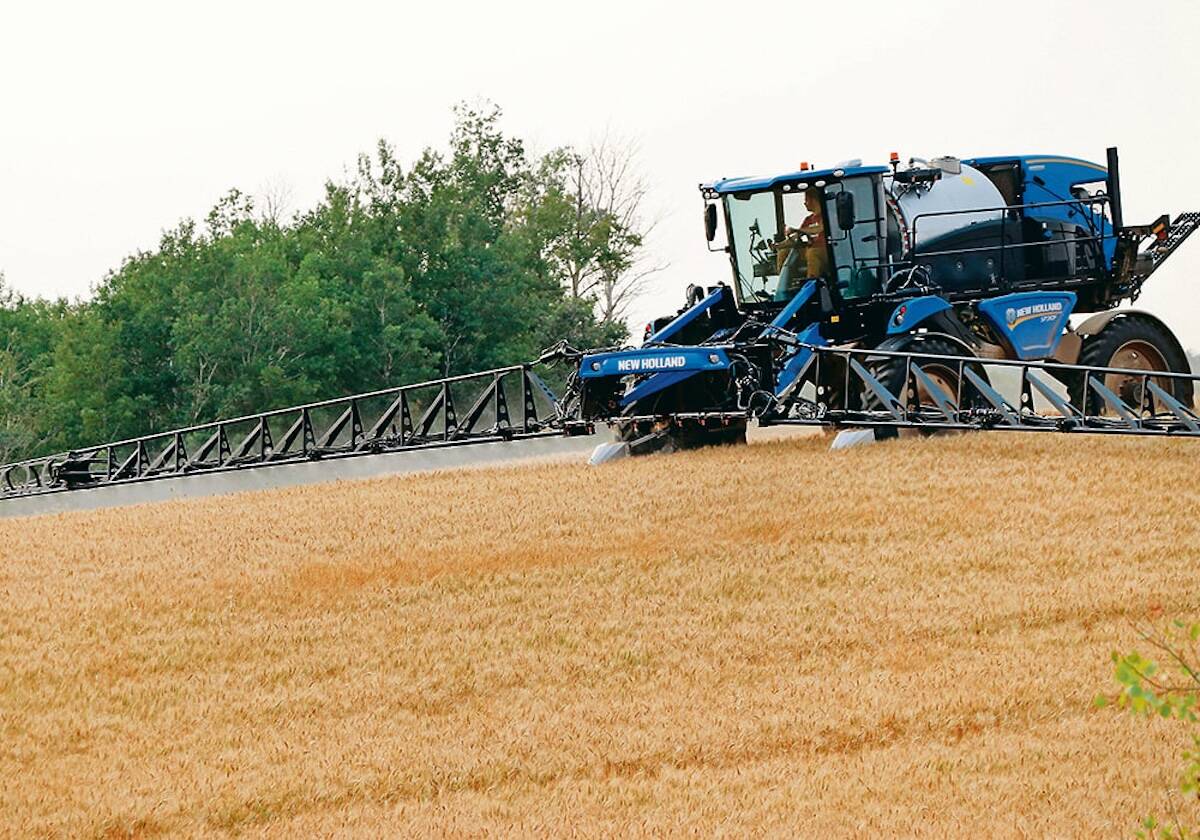Key Takeaways
- A recent report criticizes Canada’s digital agriculture policy, calling for urgent improvements to promote technology adoption.
- Farmers express skepticism about technology accuracy and data sharing, raising concerns about costs and the rapid evolution of tech.
- Progress includes initiatives for digital literacy and transparency in data use, but foundational challenges like connectivity and high equipment costs remain.
Challenges in Digital Agriculture
Recent discussions surrounding the future of digital agriculture in Canada highlight significant challenges faced by farmers in adopting technology. A June report published by the Canadian Agricultural Policy Institute and Manitoba’s agriculture technology accelerator, EMILI, criticized the current federal-provincial policy framework for being inconsistent and lacking a comprehensive strategy to promote digital agriculture.
The report urges policymakers to prioritize digital agriculture, suggesting that complacency is no longer an option if Canada hopes to remain competitive in the industry. Obstacles impeding adoption include high costs, farmers’ doubts about technology accuracy, difficulties in acquiring necessary technological skills, and persistent connectivity problems in rural areas. This sentiment echoes findings from former Co-operator editor Gord Gilmour, whose sources also pointed to the rapid obsolescence of technology as a concern.
Data privacy and trust issues further complicate the landscape. Surveys indicate that a majority of farmers maintain a cautious stance towards data sharing, especially with corporate entities. Specifically, 44% of respondents expressed discomfort with technology providers accessing their farm data. Farmers perceive big data as a necessary evil, fostering a reluctance to fully embrace technology that may not align with their interests.
To alleviate these concerns, equipment manufacturers and service providers are promoting initiatives like the Ag Data Transparency Evaluator, which aims to establish trust by auditing agricultural data contracts. Such measures are essential in encouraging farmers to invest in digital agriculture.
Despite ongoing struggles, positive steps are being made. EMILI has initiated a digital literacy program to enhance farmers’ comfort with technology. Additionally, funding programs have been established to support innovation and cost-sharing, although continuous evaluation is vital to ensure these resources effectively aid farmers.
Nonetheless, foundational challenges remain persistent. Connectivity issues continue to plague rural areas, and the high costs of machinery deter farmers from fully investing in digital agriculture. There are also concerns related to software reliability and the regulatory environment, which industry experts argue needs to be more conducive to innovation.
Addressing these foundational issues is crucial. Without action, Canada risks falling behind in the rapidly evolving agricultural technology landscape. As the Ag in Motion farm show approaches, interest in new technological advancements will undoubtedly rise, but how soon these innovations will be seen in Canadian fields remains uncertain.
The content above is a summary. For more details, see the source article.















